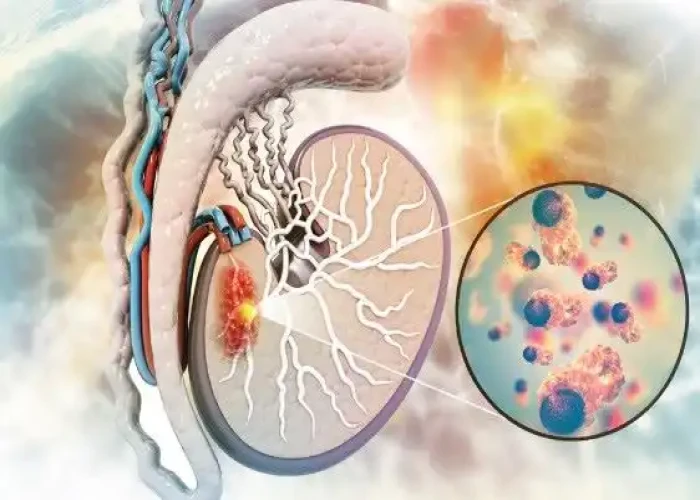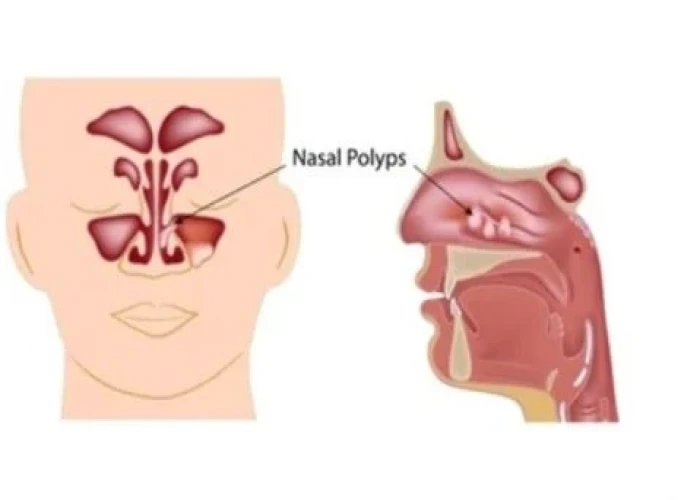 Welcome
Welcome
“May all be happy, may all be healed, may all be at peace and may no one ever suffer."
Adult Stills disease

Adult Still's disease is a rare form of inflammatory arthritis that primarily affects adults. It is characterized by high fevers, joint pain and swelling, a distinctive rash, and other symptoms that come and go in episodes.
The exact cause of Adult Still's disease is unknown, but it is believed to be a type of autoimmune disorder, in which the body's immune system mistakenly attacks healthy cells and tissues.
Symptoms of Adult Still's disease may include:
- High fevers that come and go, often accompanied by a rash
- Joint pain and swelling, especially in the large joints such as the knees, hips, and shoulders
- Fatigue
- Muscle pain
- Sore throat
- Enlarged lymph nodes
Diagnosing Adult Still's disease can be challenging, as its symptoms are similar to those of other conditions, such as rheumatoid arthritis and lupus. A healthcare professional can diagnose the condition by evaluating the patient's symptoms, medical history, and conducting tests such as blood tests and imaging studies.
Treatment for Adult Still's disease typically involves medications to reduce inflammation and relieve symptoms, such as nonsteroidal anti-inflammatory drugs (NSAIDs), corticosteroids, and disease-modifying antirheumatic drugs (DMARDs). In severe cases, biologic drugs such as tumor necrosis factor (TNF) inhibitors may be used. Physical therapy and lifestyle changes, such as regular exercise and a healthy diet, can also help manage symptoms and improve overall functioning.
If you suspect that you or a loved one may have Adult Still's disease, it's important to seek a diagnosis from a healthcare professional. With proper treatment and management, most people with the condition can lead fulfilling and productive lives.
Research Papers
Disease Signs and Symptoms
- Fever
- Skin rash
- Sore throat
- Swollen joint
- Muscle pain
Disease Causes
Adult Still's disease
It's not certain what causes adult Still's disease. Some researchers suspect the condition might be triggered by a viral or bacterial infection.
Disease Prevents
Disease Treatments
Doctors use a variety of drugs to treat adult Still's disease. The type of drug you'll take depends on the severity of your symptoms and whether you have side effects.
- Nonsteroidal anti-inflammatory drugs (NSAIDs). Over-the-counter NSAIDs, such as ibuprofen (Advil, Motrin IB, others) or naproxen sodium (Aleve), may help with mild joint pain and inflammation. Stronger NSAIDs are available by prescription. NSAIDs can damage the liver, so you may need regular blood tests to check liver function.
- Steroids. Most people who have adult Still's disease require treatment with steroids, such as prednisone. These powerful drugs reduce inflammation, but may lower your body's resistance to infections and increase your risk of developing osteoporosis.
- Methotrexate. The medication methotrexate (Trexall) is often used in combination with prednisone, which allows the prednisone dose to be reduced.
- Biologic response modifiers. Drugs such as infliximab (Remicade), adalimumab (Humira) and etanercept (Enbrel) have shown some promise, but their long-term benefit is still unknown. If other medications haven't worked, your doctor may suggest trying anakinra (Kineret), tocilizumab (Actemra) or rituximab (Rituxan).
Disease Diagnoses
Disease Allopathic Generics
Disease Ayurvedic Generics
Disease Homeopathic Generics
Disease yoga
Adult Stills disease and Learn More about Diseases

Atrioventricular canal defect

Polymorphous light eruption

Dermatitis

Ruptured spleen

Testicular cancer

Nasal polyps

Egg allergy

Ambiguous genitalia
Sstill's disease, Adult stills disease, Adult onset still's disease, অ্যাডাল্ট স্টিলস ডিজিজ
To be happy, beautiful, healthy, wealthy, hale and long-lived stay with DM3S.
